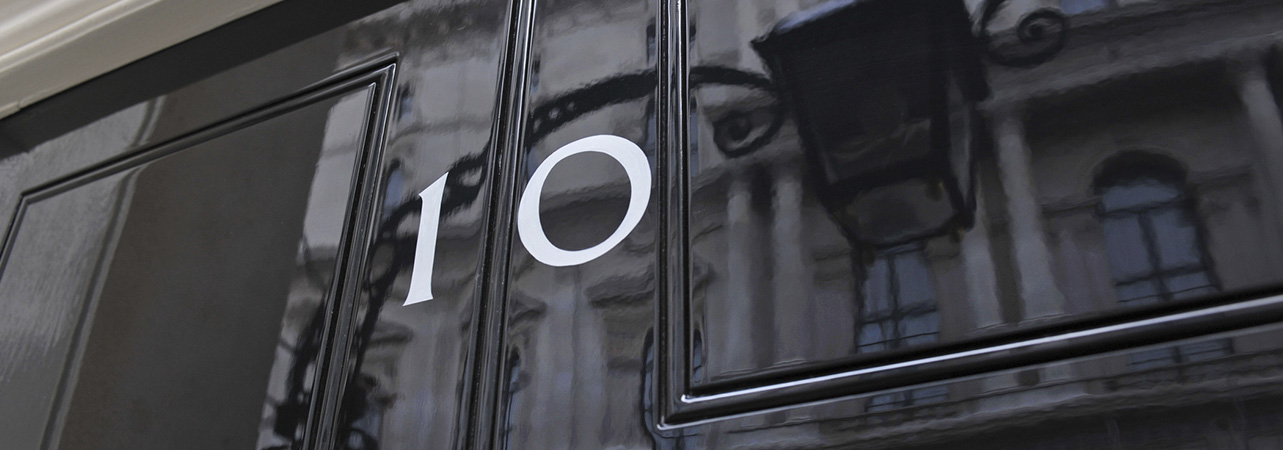Income Chancellor Jeremy Hunt shelved the controversial mini-budget as he sought to stave off further volatility for UK assets. Order has been restored, but for how long?
- The Chancellor has stabilised the bond market with the bellwether 30 year gilt yield now at 4%
- The UK government has poked the bear of the bond vigilantes and confidence will be hard to win back
- The real pain in the economy is yet to come
It was another astonishing week in the UK’s currency and bond markets. New Chancellor Jeremy Hunt came in on Friday and by Monday, he had ripped up all but a fraction of Prime Minister Truss’s growth plan in an attempt to restore fiscal credibility. He seems to have calmed the gilt market for the time being, but can this fragile truce hold?
As the new Chancellor junked planned tax cuts, it briefly looked like the UK would have the worst of all possible worlds. There would be no tax cuts and only limited support for households on their energy bills, but at the same time, borrowing costs were higher than they had been prior to the explosive mini-budget. The 30 year gilt yield, which had become the bellwether for international confidence in the UK, dropped, but remained around 1% higher than its level in mid-September.
In the following days, the Chancellor has talked a good game on spending cuts, even risking the wrath of his core vote by threatening to cancel the expensive ‘triple lock’ on state pensions. While the Prime Minister continues to do her best to rock the boat, saying in Prime Minister’s Questions that she was committed to raising the state pension in line with inflation, investors seem to have decided that Hunt is the one who is pulling the strings. The 30 year gilt now sits at around 4%, significantly below its peak of just under 5%.
However, it is a delicate holding pattern. Through its actions, the UK has poked the bear of the bond vigilantes, who will be alert to any shifts in policy that might once have gone under the radar. Any benefit of the doubt the UK may have received for, well, just being the UK, has gone by the wayside.
Equally, Hunt cannot save the economy. The cost of living crisis has still not been experienced in full. Winter is likely to send energy bills soaring, prolonged cost increases will dent the corporate sector, consumer spending has only just started to suffer from household cutbacks, and fixed term mortgage rates are yet to expire. The real pain is still to come, with the only silver lining that this weakness may finally curb inflation.
The Chancellor has plugged the leak, but the ship is still barely seaworthy. The next few months will be choppy for the UK, particularly if its two most senior politicians continue to work in opposite directions. They might find the reprieve is only temporary.
Read more 'The Week' articles, click here




